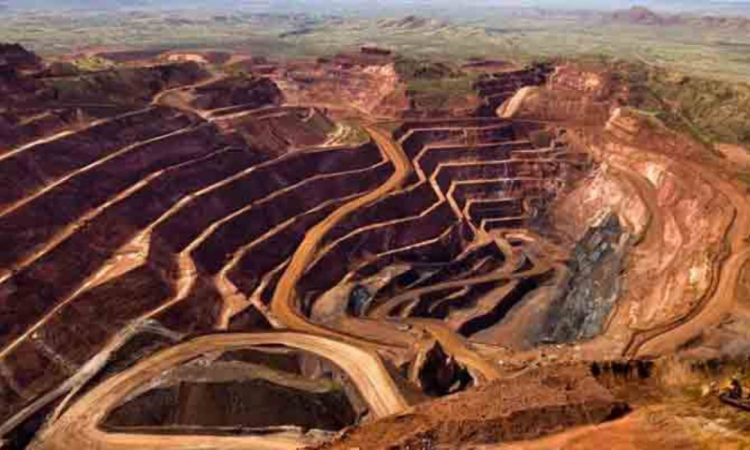Islamabad, December 31, 2024: The federal cabinet has approved the sale of a 15% stake in Pakistan’s Reko Diq mining project to Saudi Arabia under an intergovernmental transaction agreement. The $540 million deal will be executed in two phases: Saudi Arabia will initially pay $330 million for a 10% stake, followed by $210 million for an additional 5% in the second phase.
In a related development, the Saudi Fund for Development has pledged an additional $150 million to support Balochistan’s mining sector. Saudi Arabia has also expressed interest in further exploration and investment in Chagai, a mineral-rich region of Pakistan.
Currently, ownership of the Reko Diq project is split equally between Pakistan’s federal and Balochistan provincial governments, and international stakeholders. Recognized as one of the world’s largest undeveloped copper and gold deposits, the Reko Diq project holds immense potential for boosting Pakistan’s economy.
The history of Reko Diq is marked by legal and financial challenges. Located in Chagai, Balochistan, the project faced setbacks in 2011 when the Pakistani government denied a mining lease to Tethyan Copper Company (TCC), a joint venture between Barrick Gold and Antofagasta Minerals, citing contract irregularities.
TCC, which had discovered vast copper and gold reserves, sought international arbitration, arguing that Pakistan violated a bilateral investment treaty. In 2019, the World Bank’s International Centre for Settlement of Investment Disputes (ICSID) ruled in TCC’s favor, awarding $6 billion in damages to the company.
To avoid this penalty, Pakistan renegotiated terms with Barrick Gold in 2022, reaching a settlement that restructured the project’s ownership. Under the new agreement, 50% of the shares were allocated to Pakistan’s federal and provincial governments, while Barrick Gold retained the remaining half.
This strategic partnership with Saudi Arabia is expected to enhance the development of Reko Diq, bringing valuable foreign investment and expertise to Pakistan’s mining sector.







